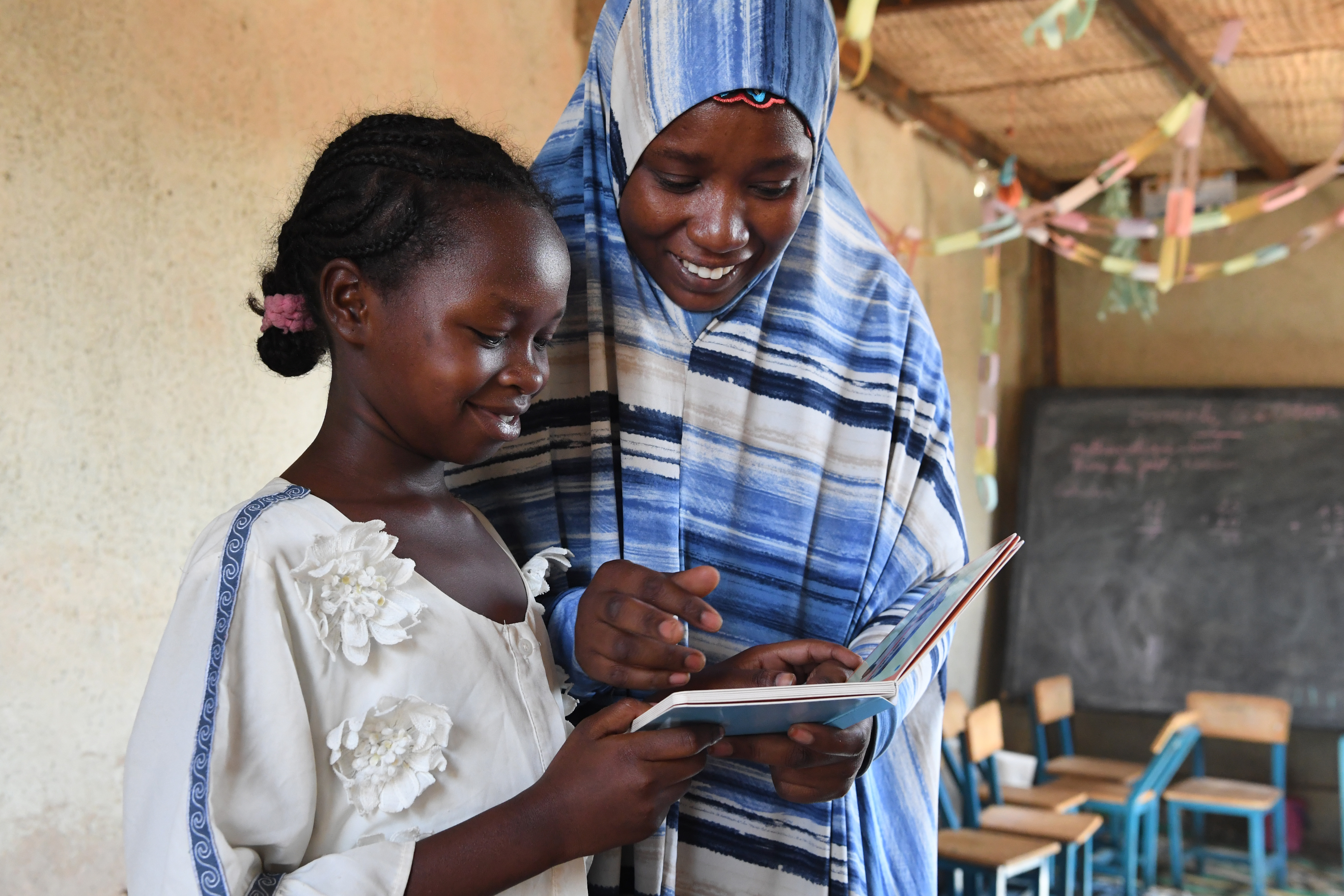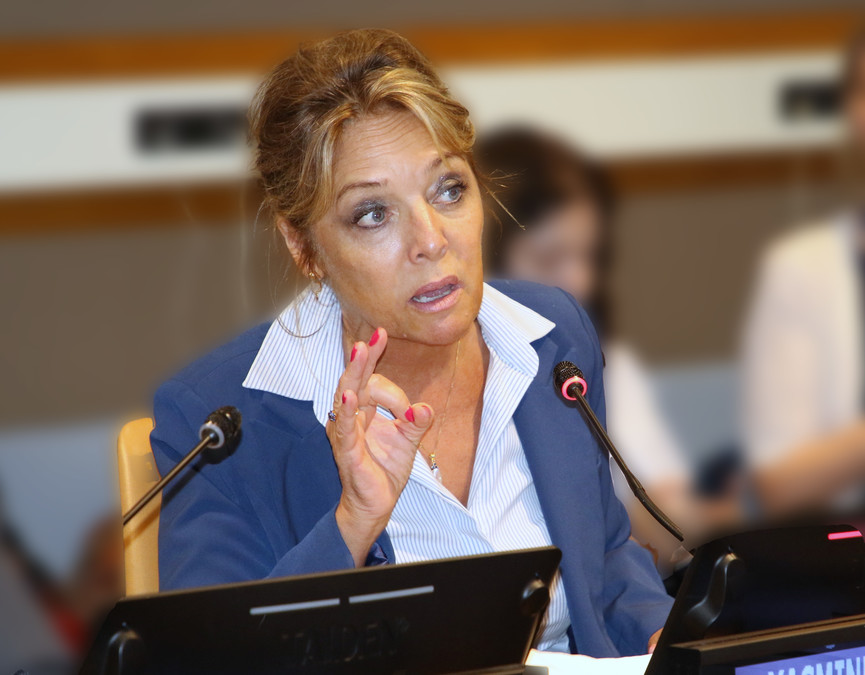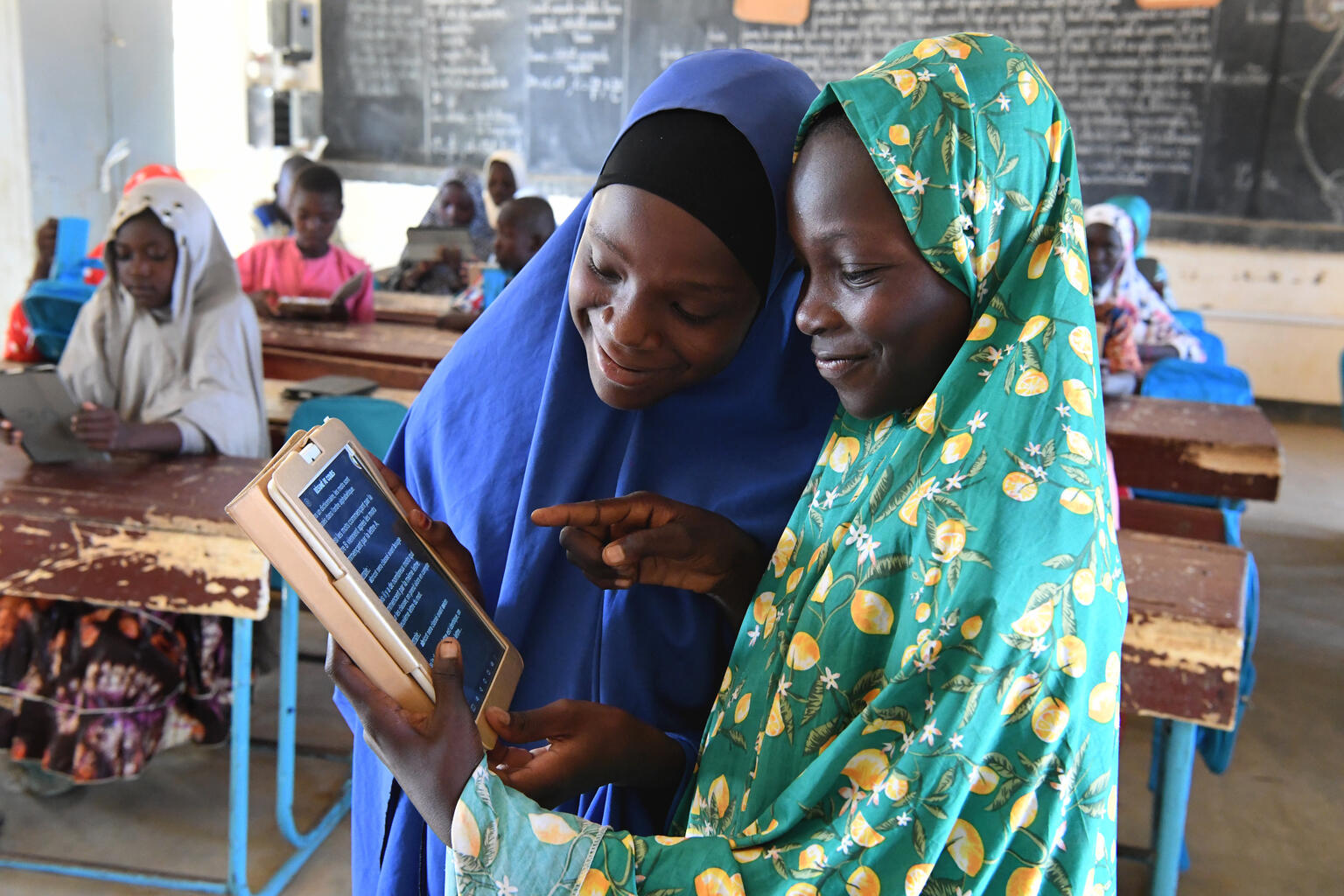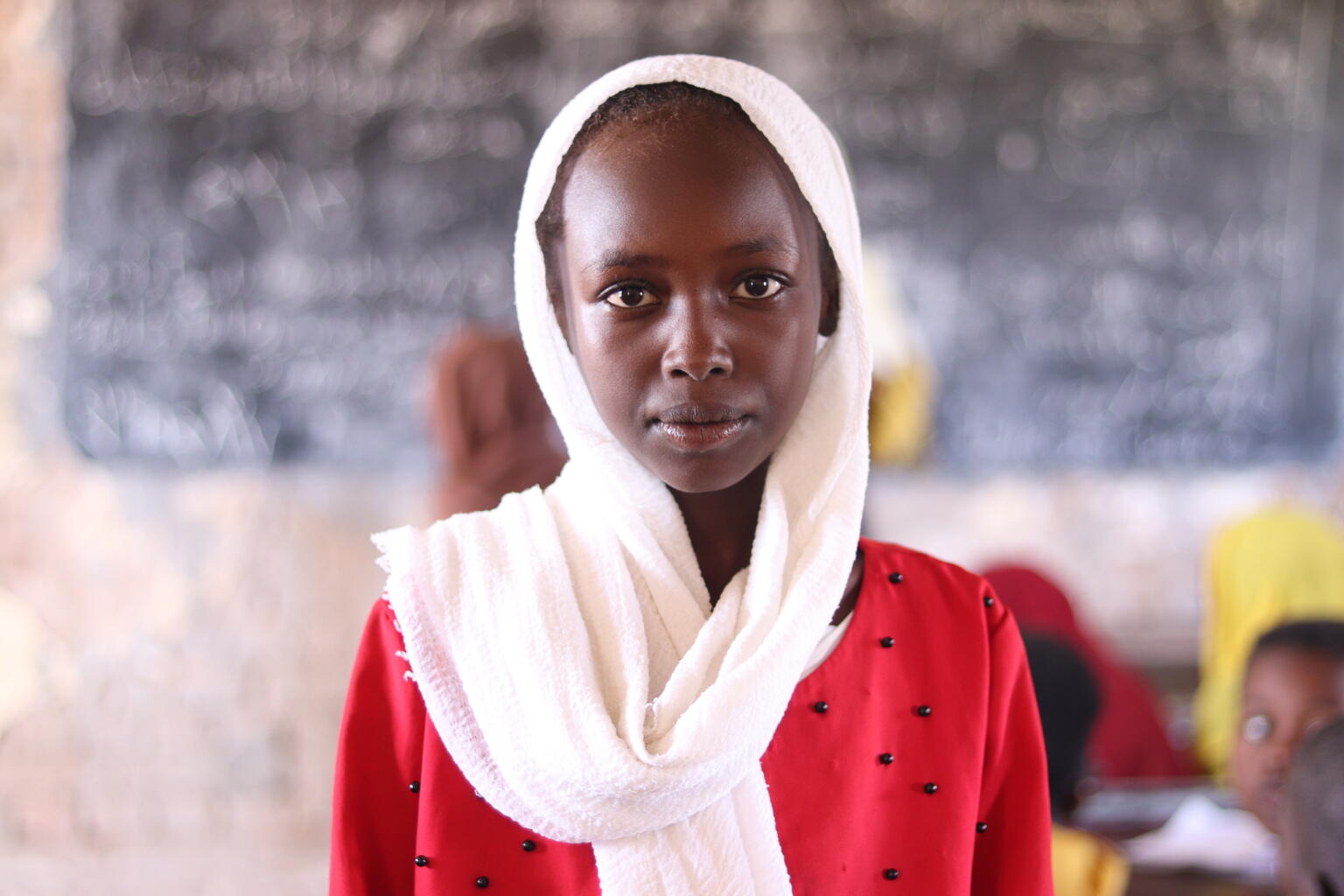Education: The Promise of Hope for the World’s Refugees

ECW Executive Director Yasmine Sherif Statement on World Refugee Day
20 June 2023, New York – There were 108.4 million forcibly displaced people worldwide by the end of 2022. This includes 62.5 million internally displaced people, 35.3 million refugees, 5.4 million asylum seekers and an additional 5.2 million in need of international protection, according to recent analysis by UNHCR.
Today, more than 43 million of the world’s forcibly displaced are children, up from 36 million in 2021.
As we mark World Refugee Day, ECW calls on leaders worldwide to make sure the rights of refugees enshrined in the 1951 Refugee Convention are honoured. These girls and boys – who have fled their beloved home-countries due to armed conflicts and persecution – are entitled to protection and basic services, not the least a continuation of their education. With access to safe, inclusive, quality learning opportunities, there is Hope Away From Home.
Hope away from home means the safety of the classroom, the kindness of caring and well-trained teachers, the nourishment of a school lunch, and the dignity to learn, grow and thrive. Their experiences have made them resilient, but the scars remain. With mental health and psychosocial services within their educational pathway, they can and will reach their full potential in the most astounding ways.
Once peace arrives, these refugees will either return home in safety and with dignity to rebuild their countries –– or become vital assets in their new countries.
With strategic partners like UNHCR, Education Cannot Wait is dedicated to ensuring that refugee girls and boys are able to access safe learning environments, hence be protected from further abuses and violations, while also continuing their education.
In places like Chad, this means refugee girls like Hawa are learning to read and write with support from the Government, which has taken broad strides in including refugees into the national education system. It means young mothers like Meda – a refugee in the Democratic Republic of the Congo – are able to break down societal norms to find a better life through education. It means bridging the digital divide in Uganda, promoting peace in Mali, and finding new hope in Colombia.
We will not get there alone. It will take close to US$4.85 billion annually to provide education for the world’s refugees. As we rethink our priorities and combine efforts to deliver on the Sustainable Development Goals by 2030, we must connect donors, the private sector, philanthropic foundations and other innovative financing modalities to bridge this gap.
As the United Nations global fund for education in emergencies and protracted crises, Education Cannot Wait was created to follow and find those left furthest behind – refugees on the move – and support the delivery of a quality education. With a total of US$1.5 billion in financing over the next four years, we will reach 20 million children and adolescents with quality, holistic education. This includes refugees, host community children, and girls and boys living on the frontlines of the world’s most pressing humanitarian crises. Our investment in education for every child, everywhere, is our investment in humanity – theirs, as well as our own.




